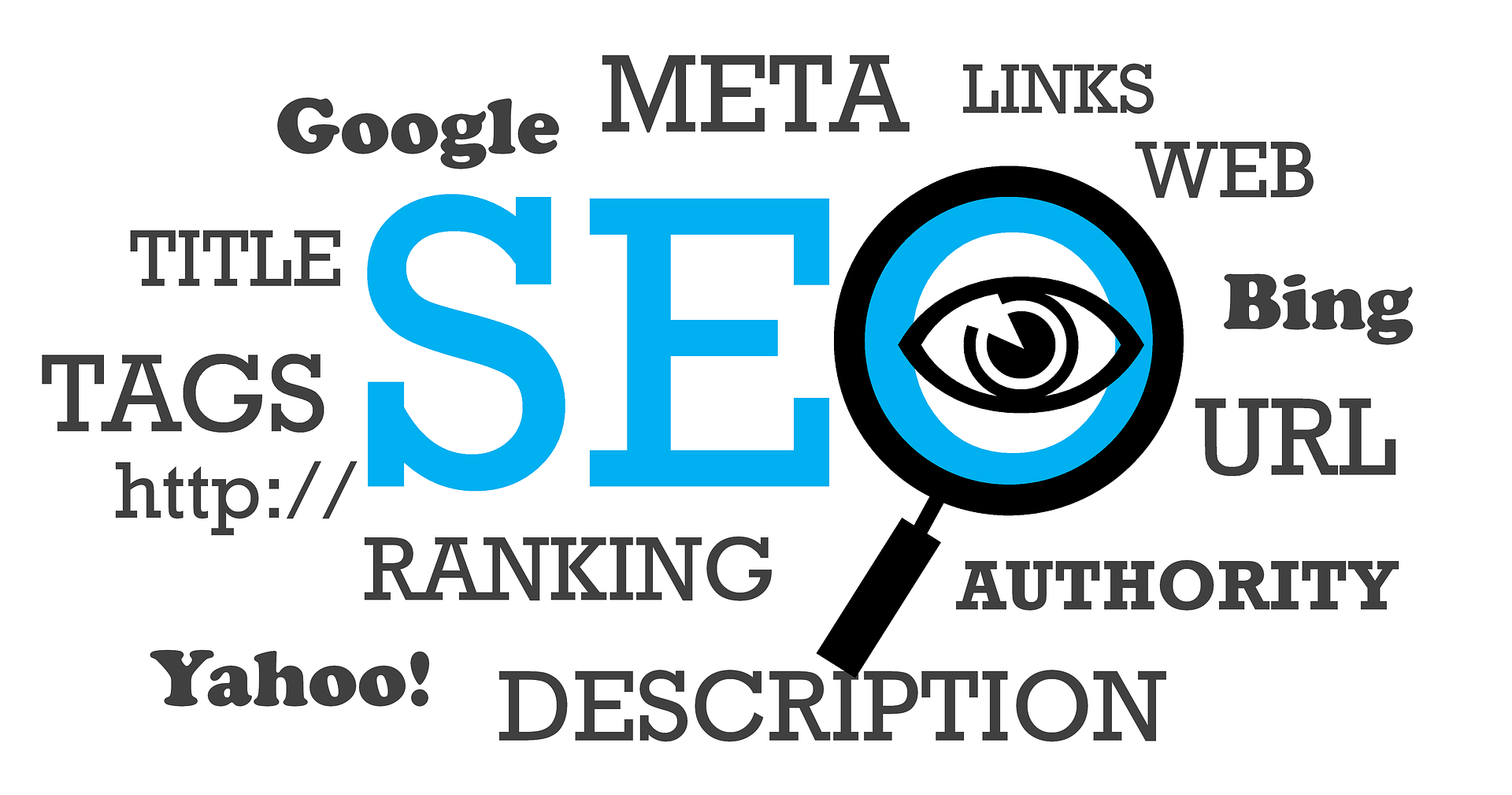
For ecommerce owners, it’s time to adopt something outstanding and dynamic, specifically when they are planning to see their e commerce sites ranking high in search engines. It’s not easy to build and run a prosperous e commerce business in this particular competitive market. To make ecommerce sites successful, their owners must spend a lot of time on searching for best solutions. Since there is a lot of competition in the market, it becomes necessary for owners to make their ecommerce website’s search engine friendly as they would always like to stay ahead of their competitors.
Business owners would likely discover an array of solutions to consider, however it is vital on their behalf to consider only that solutions which realistically work well for their particular ecommerce site. You need to search for several SEO friendly factors for making your own e-store profitable if you are looking to make your ecommerce website informative, interactive and interesting for your visitors. You will need to think about the SEO friendly aspects which are mentioned below irrespective of how small or big your online business is.

A branded domain should be chosen
At the time of selecting the domain name, it is best to pick a branded domain name so that your web visitors can certainly discover your site on the internet. Many people like to go for keyword based domain names,which actually is not as effective and helpful as they believe. They should go for a brand name website since the position of their site in the search engines is largely affected by the decisions they take. Prior to Google’s exact match domain update, these keyword centered domain names used to rank very well but the case is very different now.
Hosting of the domain in targeted region:
It’s best to select a domain which has targeted extension. For example, if your targeted country is India then you may go for .in domain. Always try to go for a TLD (top level domains) for example (.com, .net, .org) rather than third level domains (like .co.in). Because top level domains rank very well in search engines in comparison to third level domains.
When you are looking to develop an ecommerce site which is SEO friendly then the hosting of domain is also another vital aspect. You should always keep a check on your domain expiry date and make sure that is doesn’t get expired in a short time span. Domains which get expired and again made live as not considered much trustworthy by Google rather than it trusts domains which are registered and live for a long period of time. So, it is best to go for long term plan while subscribing for domain hosting.
Finding URLs which are search engine friendly:
Search engine friendly URL’s are very important for an ecommerce site and the owners need to make sure that they have incorporated this feature in their ecommerce startegy. Implementing optimized and keyword rich URL’s affect the search engine rank of their pages. These URLs can also be modified later for getting better SEO results and branding.
301 Redirects:
301 redirects are also known as permanent redirect from one URL to another. Implementation of 301 redirects is very important for your ecommerce site. There are lot of ecommerce websites that are usually changing and getting rid of their pages. Implementation of 301 redirects will help you to redirect your visitors to the new page as well as prevent loss of link juice and visitors from the pages which are deleted.
Implementation of Canonicalization:
Canonicalization is implemented to prevent duplicate content penalty when the same content can be accessed via multiple url’s. Today, many content management systems by default create multiple pages with different URLs. Although, we do not create it intentionally, Google still considers it as duplicate content and also may impose a duplicate content penalty. So, for this purpose canonical tags are implemented on the main URLs. So that even if the same content is present on different URLs, Google will not implement the duplicate content penalty. Because by implementing the canonical tag, we tell Google to consider only this particular page having a specified URL and a (rel=canonical) tag on the page for this content and ignore rest of the pages with duplicate content.
For example:
http://www.urwebsite.com/
http:// urwebsite.com/
http:// www.urwebsite.com /index.html
Using <link rel=”canonical” href=”” /> tag, you can indicate Google as which is the chief url amongst all of them. So by implementing this,you can easily avoid duplicate content penalty and also will get good link juice to your chief url.Since,many ecommerce sites do have same content on various pages so implementation of Canonicalization is indeed important.
Implementation of robots.txt:
By using robots.txt you can easily block the search engines from crawling and indexing certain directories and pages of your site which you do not wish to be seen by general public. Whenever you want to hide some sensitive information on your site which you do not wish to disclose publicly then you can make use of robots.txt.
XML sitemaps:
If you want to make the search engines crawl your ecommerce websites easily and effortlessly then you need to generate an XML sitemap and submit that sitemap to the search engines. It helps search engines find the pages of your website with ease. Ideally, there are two types of sitemaps such as an HTML sitemap and an XML sitemap. HTML sitemaps are used by the users easily to identify and visit the respective pages of your website. With XML sitemap, search engines can easily crawl and index your site without difficulty. By seeing these online shopping sites in uae, you can get an idea of how the HTML and XML sitemaps have been implemented. Whenever a new page is added to the website, it’s a best practice to add that page to your XML sitemap and re-submit it to the search engine to make sure that your new pages are crawled and indexed quickly.


